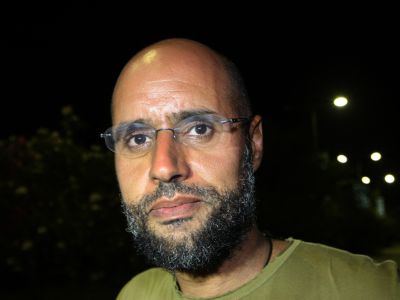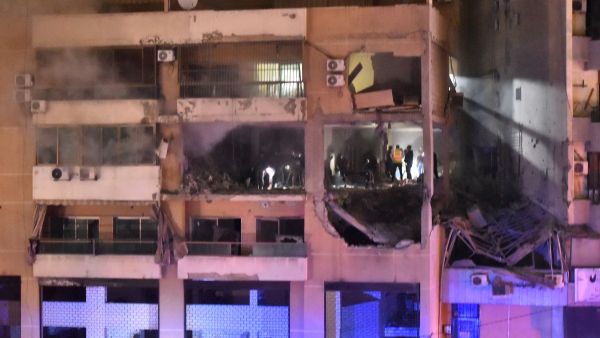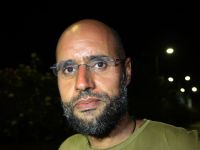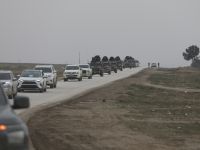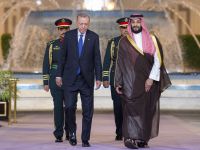The killing of Hamas deputy leader Saleh al-Aruri in a Beirut suburb on Tuesday has sparked a new wave of anger and threats in the Middle East, as the Palestinian militant group vowed revenge and Israel braced for possible retaliation.
Hamas chief Ismail Haniyeh said in a televised address that his group “will never be defeated” and that the death of Aruri, who was in charge of Hamas’s overseas operations, was a “great loss” for the Palestinian cause.
“He was one of the pillars of the resistance and one of the symbols of the struggle,” Haniyeh said, adding that Aruri had played a key role in the 2014 Gaza war and the recent reconciliation efforts with rival faction Fatah.
"A movement whose leaders and founders fall as martyrs for the dignity of our people and our nation will never be defeated," Haniyeh added.
Haniyeh blamed Israel for the attack, which Lebanese security officials said was carried out by an Israeli drone in the southern suburb of Dahiyeh, a stronghold of the Lebanese Shiite group Hezbollah.
Hezbollah, which is allied with Hamas and Iran, also condemned the killing and warned that it “will not go unanswered.”
“This crime is a dangerous escalation that reveals the true face of the Zionist enemy and its intentions towards Lebanon and the region,” Hezbollah said in a statement.
Israel, which considers both Hamas and Hezbollah as terrorist organizations, did not officially claim responsibility for the strike, but its army said it was ready for “any scenario” and that it would “continue to act against any threat to its sovereignty and security.”
The strike came amid rising tensions between Israel and Iran, which backs Hamas and Hezbollah, over Tehran’s nuclear program and its involvement in Syria and Iraq.
The U.S., which supports Israel and has imposed sanctions on Iran, urged calm and restraint from all sides.
“We are closely monitoring the situation and we urge all parties to avoid any actions that could escalate the situation and endanger civilians,” a State Department spokesperson said.


